Jürgen Popp | Leibniz IPHT | Jena, Germany
Multimodal Non-linear Imaging for Biomedical Diagnosis
Scientific Talks, Session II | Monday, September 12 | 13:40 – 14:10

Nonlinear multimodal imaging approaches offer a large potential to characterize both the morphology and molecular composition (= morphochemistry) of biological specimen like cells or tissue. Here, we particularly focus on coherent anti-Stokes Raman scattering (CARS) microscopy as a tool for imaging lipids and certain biomolecules like vitamin A. CARS imaging also produce other multiphoton nonlinear effects such as two-photon excited fluorescence (TPEF, to excite extrinsic and intrinsic fluorescent molecules), and second harmonic generation (SHG, in noncentrosymmetric samples such as collagen). CARS implementations (either as standalone microscopes or endoscopes) can therefore be considered intrinsically multimodal. Particularly interesting is the establishment of multimodal nonlinear microscopy for medical purposes. Investigating tissues of different morphochemistry like human spinal disk, dura mater, liver, colon underlines the versatility and high potential of this imaging approach, e.g., to distinguish between healthy tissue and tissue altered by diseases, tumors, mechanical stress, or drugs. Translating the knowledge gained from pathological sections and in-vitro measurements to bulk and in-vivo samples eventually helps to overcome the boundary between research and diagnostics/intraoperative application. To bring multimodal nonlinear imaging from university to clinics, setups adapted to clinical needs will be introduced within this presentation.
Acknowledgment: Financial support of the EU, the ”Thüringer Ministerium für Wirtschaft, Wissenschaft und Digitale Gesellschaft”, the ”Thüringer Aufbaubank”, the Federal Ministry of Education and Research, Germany (BMBF), the German Science Foundation, the Fonds der Chemischen Industrie and the Carl-Zeiss Foundation are greatly acknowledged.